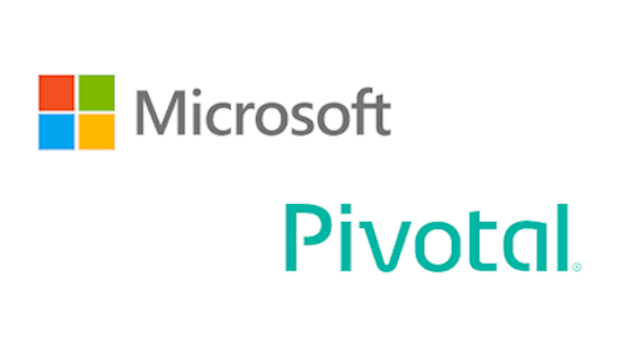
Microsoft and Pivotal unveil Azure Spring Cloud
Microsoft and Pivotal have partnered to bring managed infrastructure for Spring Boot Java apps to Microsoft’s Azure cloud. The managed service, now in private preview, is called the Azure Spring Cloud.
Azure Spring Cloud is intended to enable developers to concentrate on building enterprise microservices rather than dealing with the complexity of infrastructure. It provides a managed runtime for Spring Boot apps.
The components of Azure Spring Cloud include:
- Spring Cloud, which provides tools and frameworks for running Spring Boot apps in the cloud. Spring Boot is a programming framework that has provided an opinionated view of the Spring platform and libraries, to make it easier to deploy Spring applications and eliminate boilerplate code. Spring Cloud has capabilities including a service registry, load-balancing, and circuit breakers.
- Kpack, which provides resource controllers for the Kubernetes container management platform. Kpack automates the development and maintenance of container images from source code.
- Azure Kubernetes Service, a managed Kubernetes platform from Microsoft.
When generally available, Azure Spring Cloud will be billed on a pay-as-you-go basis. To use Azure Spring Cloud, users who already have an Azure account navigate to the Azure Portal, create an instance of the service from the Marketplace, and use the Azure CLI to connect to Spring Cloud Service instances and deploy their applications. Applications can be bound to existing Azure services such as Azure Database for MySQL or Azure Cache for Redis. Users get support for capabilities such as aggregating logs and metrics.
You can access the interest form online. A public preview is planned to roll out in the coming months. No date has been set for general availability.
IDG News Service







Subscribers 0
Fans 0
Followers 0
Followers